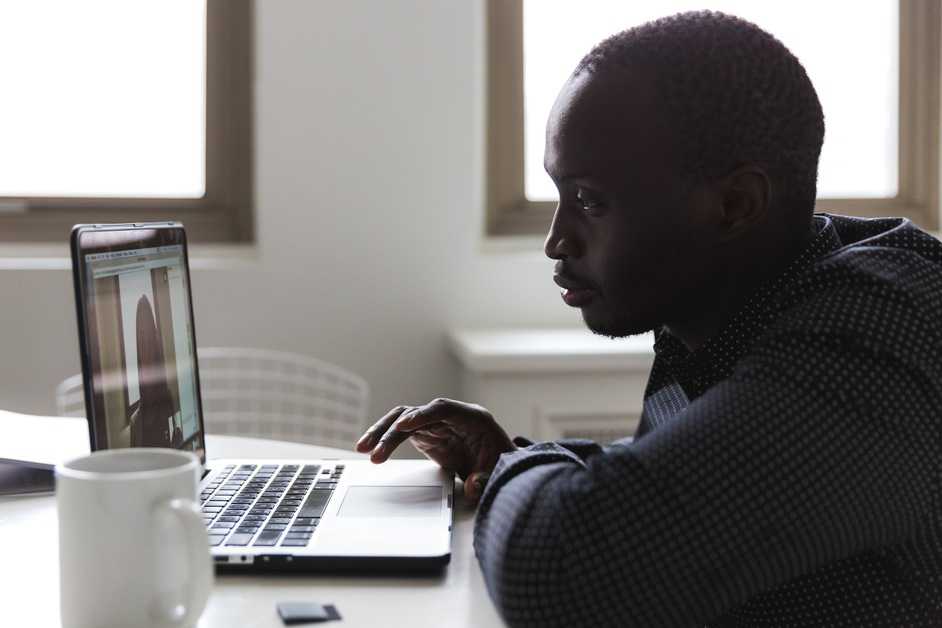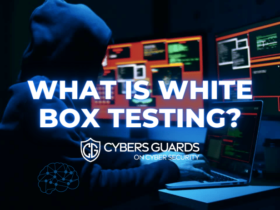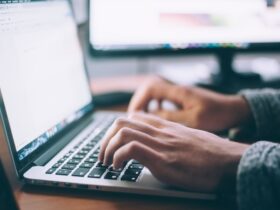Social conditions due to lockdown contribute to the tremendous transition to distant working. 85% of companies surveyed by CNBC claimed that more than half of their staff members now work in this way. However, there is evidence that it creates new and unique opportunities for cybercriminals. You can get multi-device protection that covers all your basic and security needs with Bitdefender Total Security.
Hackers demonstratively take advantage of the pandemic outbreak. The quantity of phishing and other cyberattacks is growing, and criminals are exploiting the anxiety that workers feel in today’s unusual circumstances. A CNBC survey also found that more than one-third of executives surveyed reported an increase in the level of cyber threats associated with distant work.
Pay attention to your safety
Technology is changing, so are life habits as well as the way we work. Nevertheless, no matter how we work, it does not alter the binding obligation to protect our assets to ensure the enterprise’s uninterrupted operation. In addition, it is vital to protect the information that we manage and to keep secret business data. That is why you need to choose Linksmanagement if you are concerned about secure and creditable products in terms of backlinks issues.
One of the latest threats among the pandemic is the proliferation of programs, apps, or homepages that offer publications, health surveys, or interactive disease maps. These resources can lead to the theft of private information, such as passwords, bank details, contacts, and so on. Specific apps are of the “Trojan horse” type and will allow remote access to our devices.
As you know, the three fundamental means of remote working are email, mobile communications, and wearable devices. Let’s discuss the necessary methods to protect your sessions using them in detail.
Use VPN
An employer loses the degree of safety control when an employee gains access to the organization’s data. This loss of control even doubles if the employee uses a personal device. Some work aspects might be exposed if you do not think about your safety beforehand:
- Network risks
- Physical protection of devices
- Use of personal devices for work purposes
The connection between the computer and the corporate network must always be secured via a VPN connection, which is a virtual private network. Such a system allows you to create a secure local network without the need for a physical connection of its participants to each other. It also allows them to remotely use the data tunnels of their office servers.
Watch your passwords
Passwords used to access corporate services, and passwords for employees, in general, should be strong and challenging to decrypt to avoid detection. In order to confirm that the connection is requested by the correct user and to be sure that it is not an attempt to fraud personal data, you should use multi-factor authentication (MFA).
Thanks to its dual system for checking user access to company services, it is possible to protect access to VPNs, employee logins for corporate portals and resources, and cloud applications. It will even help you abide by data protection requirements.
Phishing protection
Workers who are under pressure and do their job in unusual circumstances are particularly vulnerable to phishing attempts. It is high time to remind them of the primary methods of countering this threat.
The basic rules are simple. You should never go to unfamiliar sites, open suspicious attachments, and follow links from dubious sources. However, your colleagues might sleep on these rules. That is why reminding these pieces of advice is so significant.
Controlled staff devices
Your company should try to provide distant workers with portable computers and mobile phones that are designed exclusively for work purposes and controlled by the company. As an intermediate step, you can ask your staff members to register their devices with the Mobile Device Management system. This will provide some degree of control, including the ability to remotely erase data from the device.
Whether you work at an office or from home, an airport terminal or a hotel lobby, you need to understand that your staff members’ portable computer and mobile devices are an integral part of your corporate infrastructure. Therefore, you should make sure that they are provided and configured with the same security features as office equipment, such as password protection, encryption, malware protection, and continuous monitoring. In addition, try to combine technical controls with staff training on possible risks, threats, and ways to avoid them.
You should periodically change the password to access your accounts. Never use identical passwords for different pages such as mail, social networks, e-accounts, and so on. Besides, do not open suspicious, unusual messages. In case you eventually have done this, do not follow any links, do not download attachments, and do not reply to such emails.
Before opening any downloaded file, check its extended name. Do not trust only icons. It might look like a text document, but in reality, there may be a virus program. When running downloaded files, do not allow macros to run.
In addition, do not just rely on the sender’s name. Make sure the sender’s email address is spelled correctly. If you receive a letter from a familiar contact containing an unusual request, such as providing private information, contact the sender by phone or other means of communication to make sure it is not a fraud.
In general, you should not use the same device or account for both business and personal use. Especially when an individual, their children, relatives, or other persons use such a personal email, phone, tablet, or computer. That is, a working tool should be for business purposes only. Also, do not forget that none of the means of communication is totally safe. Besides, you should minimize the handling of private information, or find a way to secure it with new passwords or encryption tools.
Finally, if you suspect that you have been the victim of a hacker attack or that there has been some other kind of information loss, you should inform the employer immediately.
In addition, you should not forget about caution and compliance with the law when processing the personal data of others.











Leave a Reply